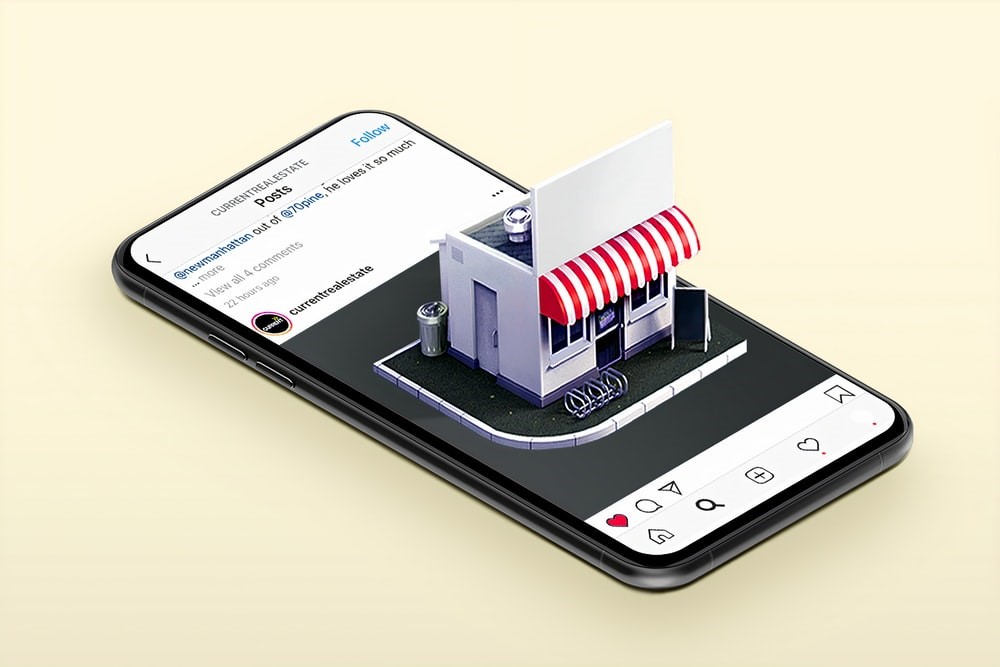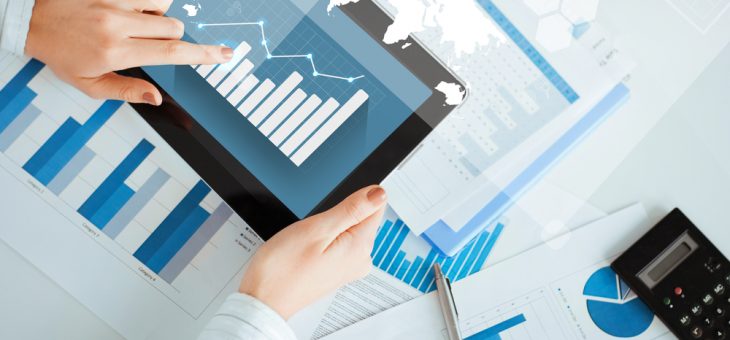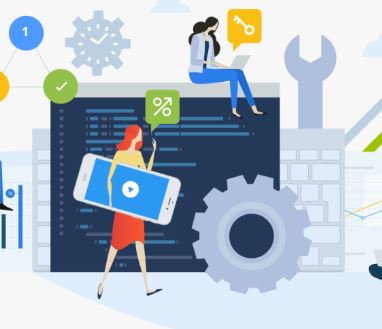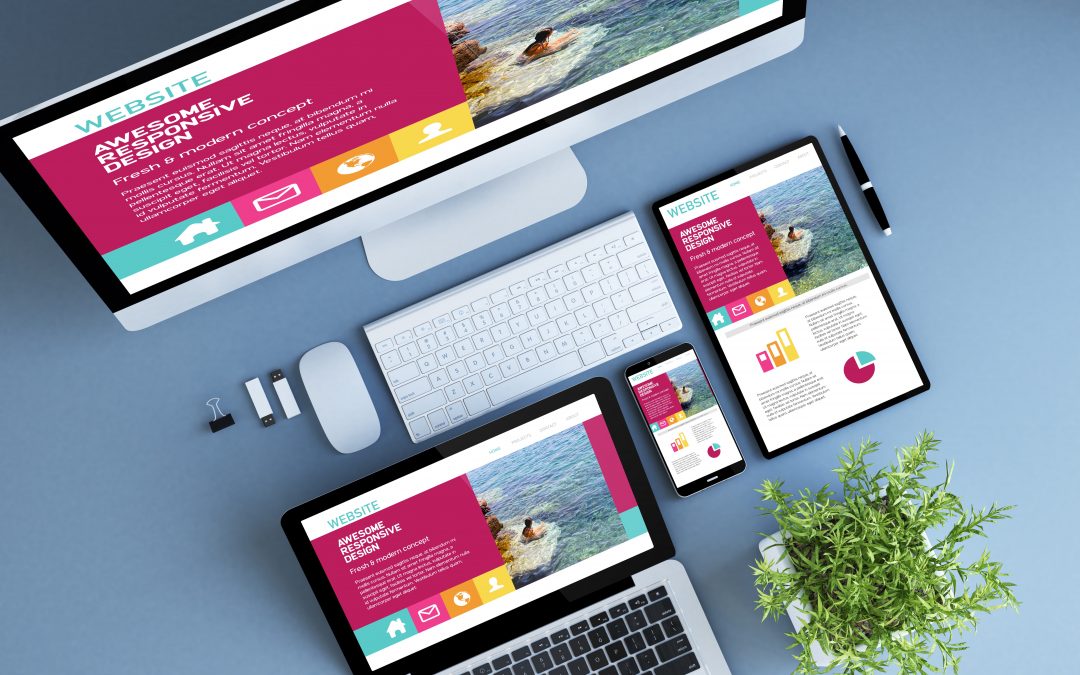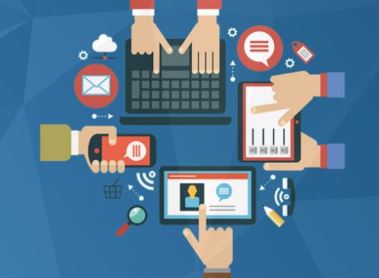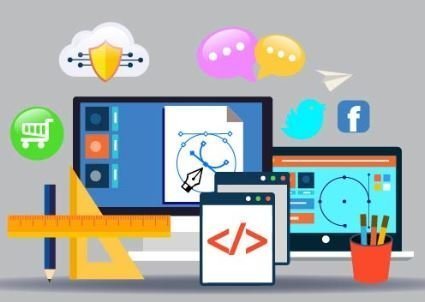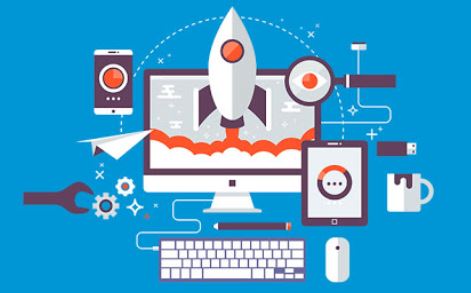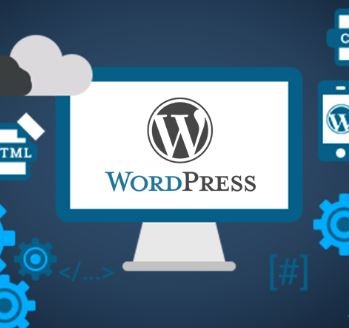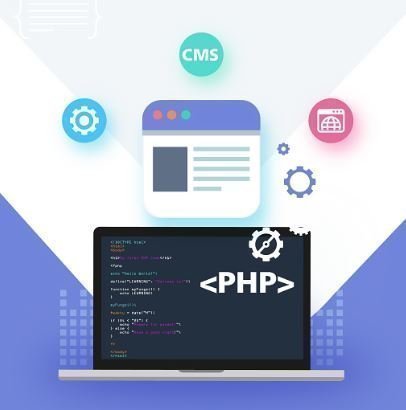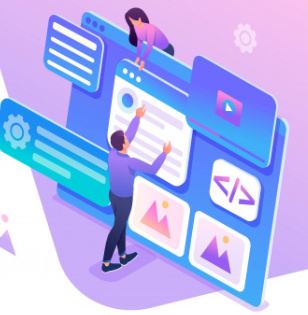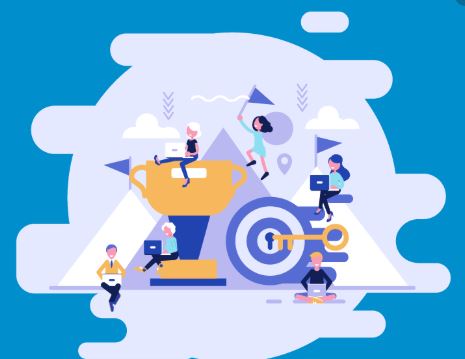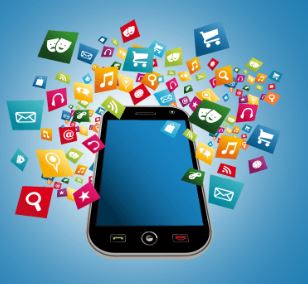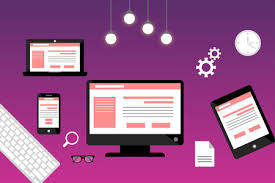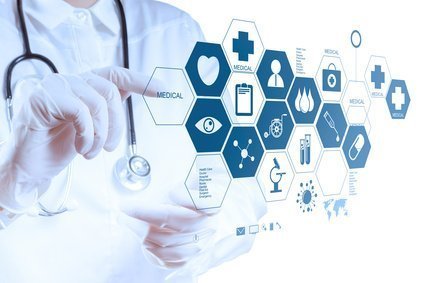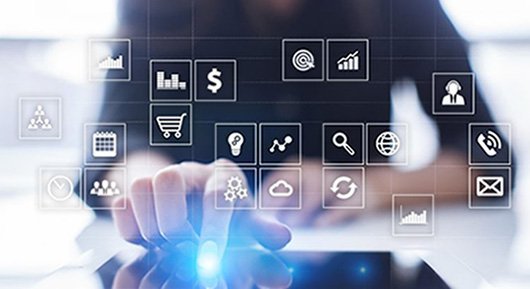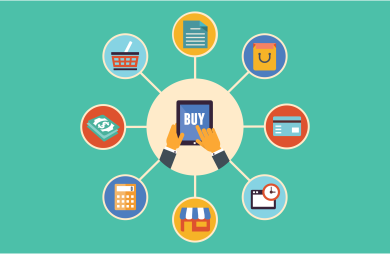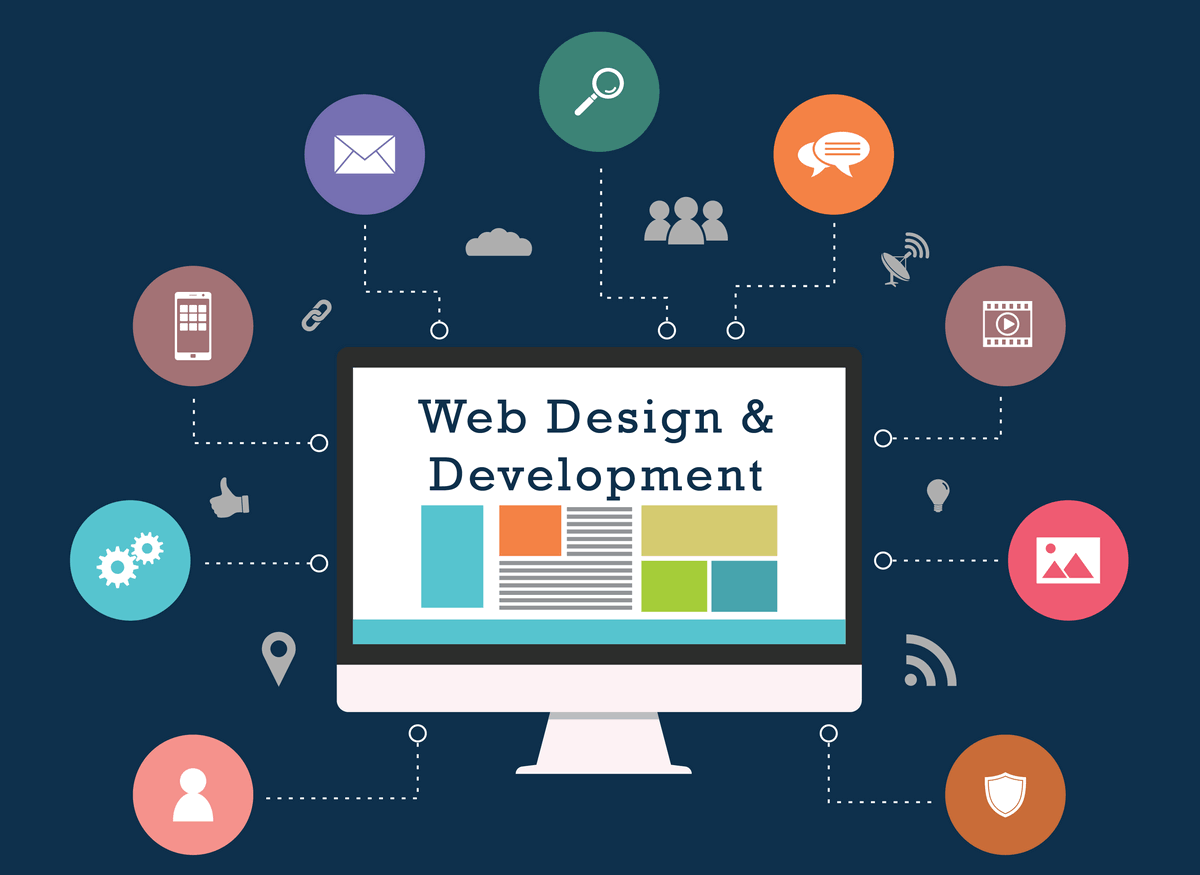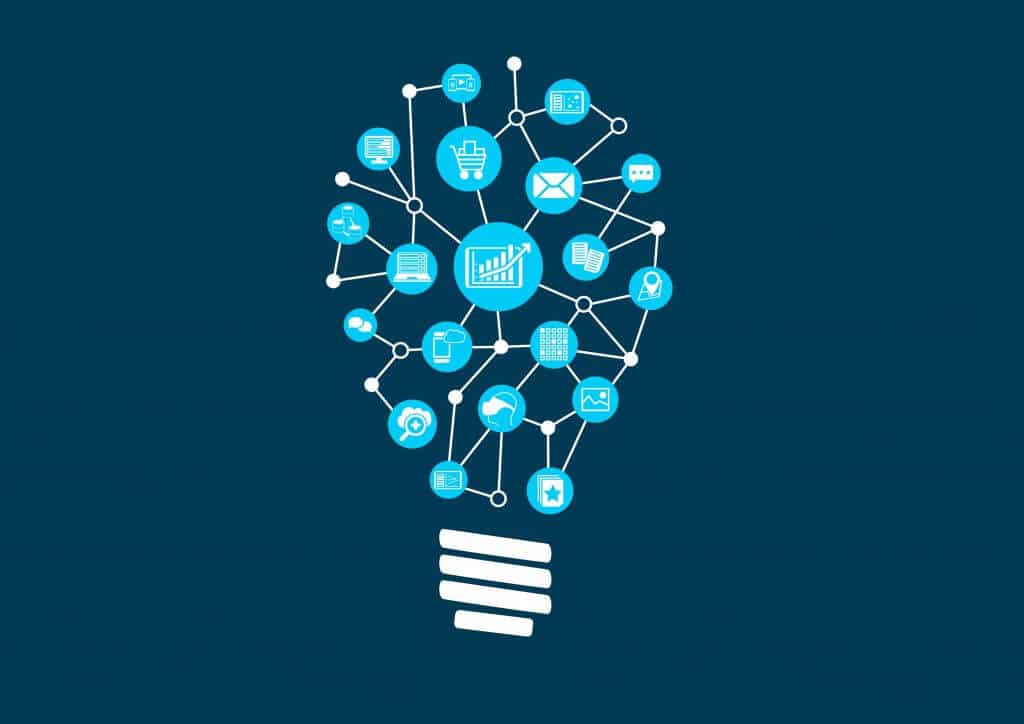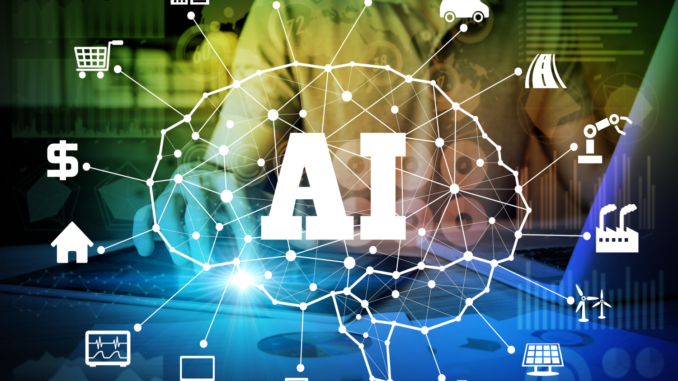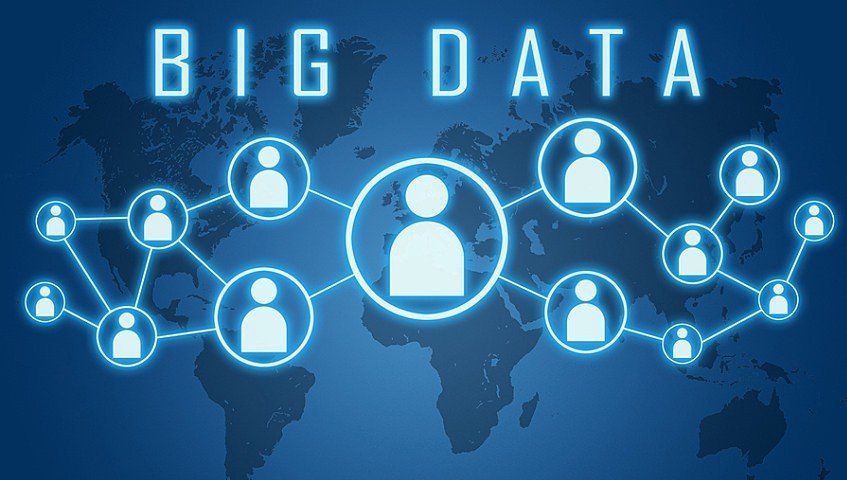How Big Data Can Develop & Enhance The Education Experience
30, December 2019
How Big Data Can Develop & Enhance The Education Experience
The use of big data has radically changed most of the industries, and education is one of the most prominent areas affected by this change. In recent years, educational institutions – from primary and secondary schools to universities and educational service providers online – have been able to collect, use, and exchange data easily and faster than ever before.
The term big data refers to the huge amounts of different information/data, which are difficult to collect and evaluate through traditional techniques in addition to being characterized by the need for rapid processing so that it can display the common points, trends, and patterns in the behavior of the targeted groups. In the education sector, data analysis can have a major impact on all workers, from teachers, students, and even coaches in educational leadership and management.
Any educational enterprise receives a large amount of data on a daily basis, as it gets details about attendance and participation, exams results, teachers evaluations, students providing details of their social situations, while sharing their level of satisfaction with the education they receive, and through practical methods of data collection and analysis, Educational institutions can begin to provide more personalized education experience to their students.
Take a Glance at The Usage of Big Data Analysis in Changing The Education/Learning Experience:
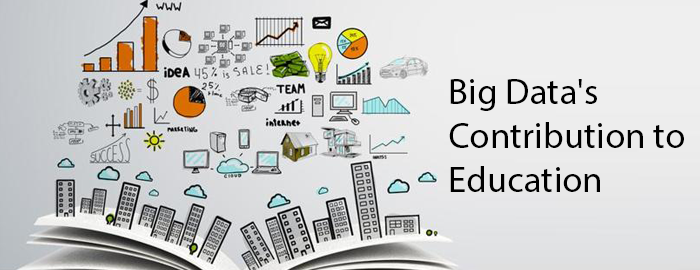
Big Data analytics is enhancing students learning experience:
- The teacher receives daily all types of student data, such as attendance data, exam results, personal assessments, health issues, learning difficulties, the types of questions that the student is frequently asking, and other types of information.
- The teacher analyzes this data gradually so that he can adjust the learning process according to the needs of the student, and this is the personalized learning method, which is an educational curriculum that aims to allocate learning according to each student’s strengths, needs, skills, and interests.
- Personalized education leads to great student participation, and the teacher also helps to understand the level of each student individually, helping him to provide appropriate guidance, and additional resources to improve students’ academic level.
Universities will be more accurate in suggesting jobs for students:
- Each university has a huge amount of data. By analyzing this data, companies can select the countries and universities that send the best applicants, which in turn will help companies to improve the effectiveness of the recruitment process.
- The university’s employment office can analyze student data globally, and they can identify countries where its students have better potential.
Big Data supporting students in setting up their career goals:
- The teacher or supervisor can analyze the data to generate a performance report, and if it turns out that this student is a talented artist, the report will recommend a career in this field.
- This is exactly what professional counselors do, but they are used to drawing conclusions after several interviews and class assessments.
- Now, they have access to big data that will show that the student is a talented artist, as well as good in math and physics, and according to this example: the field of architecture would be best suited to him, and so the recommendation would be more specific.
